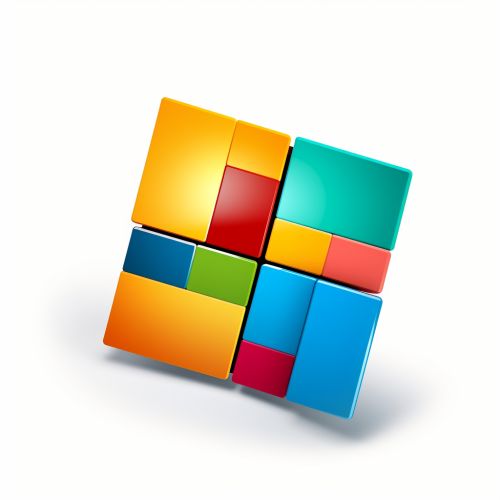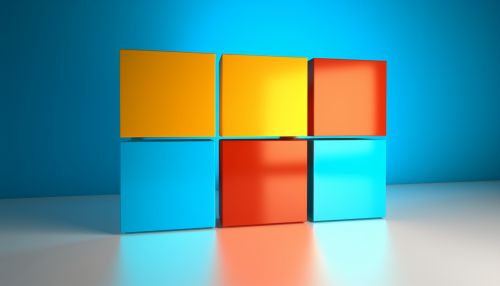Microsoft Windows
Overview
Microsoft Windows is an operating system developed by Microsoft. It is a family of proprietary graphical operating systems that has been released in many versions since its original release in 1985. Windows is designed to run on personal computers, including home and business desktops, laptops, and media centers.


History
Microsoft Windows was first announced by Bill Gates on November 10, 1983. The first version, Windows 1.0, was released two years later in November 1985. It was not a complete operating system, but rather an "operating environment" that extended MS-DOS, Microsoft's existing operating system for the IBM PC.
Architecture
The architecture of Microsoft Windows is designed to allow applications to run on multiple types of hardware, and to provide a graphical user interface and a multitasking environment. The core of the operating system, known as the kernel, provides basic services such as device management, process scheduling, and memory management.
Versions
There have been many versions of Microsoft Windows released over the years. Each version has introduced new features and improvements over its predecessors. Some of the most notable versions include Windows 95, Windows XP, Windows 7, Windows 8, and Windows 10.
Features
Microsoft Windows offers a wide range of features designed to make computing easier and more efficient. These include a graphical user interface, support for multiple hardware devices, and a wide range of software applications. In addition, Windows provides a number of security features, including a built-in firewall and antivirus protection.
Impact
Microsoft Windows has had a significant impact on the computing industry. It has become the dominant operating system for personal computers, with a market share of over 90%. Windows has also influenced the design of other operating systems and has played a key role in the development of the World Wide Web.
Criticism
Despite its popularity, Microsoft Windows has been the subject of criticism and controversy. Critics have pointed to issues such as security vulnerabilities, lack of compatibility with some hardware and software, and the use of proprietary standards.
Future
The future of Microsoft Windows is likely to continue to evolve, with new versions and updates being released on a regular basis. The focus is likely to be on improving security, performance, and compatibility, as well as introducing new features and capabilities.
